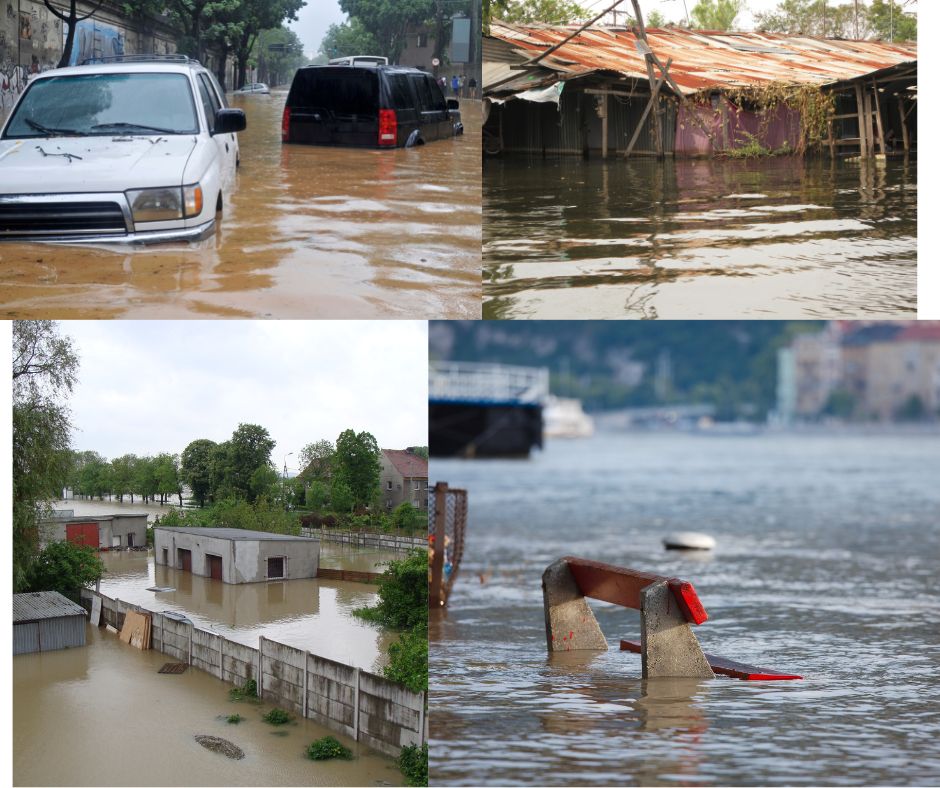
According to researchers from the World Weather Attribution group, rainfall intensity may have increased due to climate change.
The team, however, could not estimate the magnitude of the impact due to the research’s numerous uncertainties.
According to scientists, the likelihood of such an occurrence occurring in any given year is approximately 1%.
Over the past two months, tens of millions of people have been impacted by floods in Pakistan, and around 1,500 people have died due to the rising waters.
The Indus River burst its banks due to the strength of the rainstorms, and landslides and urban flash floods also inundated several regions.
Politicians immediately cited climate change as having played a significant role in catastrophic situations.
The situation is complex, according to this first scientific examination, though.
The severe heatwaves that hit Pakistan and India earlier this year were simpler to blame on climate change, according to a study, which found that they were up to 30 times more likely to occur.
But it’s challenging to evaluate extreme rainfall events. In the monsoon zone, where Pakistan is situated, rainfall varies yearly.
The effects of significant weather phenomena like La Nia, which also contributed to the most recent significant floods in Pakistan in 2010, present additional challenges.
Climate change blamed for Pakistan floods
Scientists observed an increase in rainfall of around 50% over the Indus river basin over the 60 days of the summer’s highest precipitation and an increase of about 75% during the wettest five days over the provinces of Sindh and Balochistan.
Using climate models, the researchers then calculated the likelihood of these occurrences in an environment without global warming.
Some models suggested that the increases in rainfall intensity might all be due to human climate change, but the results were fraught with uncertainty.
According to Friederike Otto from Imperial College London, one of the report’s authors, “Our research implies that climate change played a significant influence in the event, while our study doesn’t allow us to estimate how substantial the involvement was.”
“What we observed in Pakistan is completely in line with long-term climatic predictions. Additionally, historical data indicate that since people began releasing significant amounts of greenhouse gases into the atmosphere, the amount of heavy rainfall in the area has increased significantly. Furthermore, our analysis makes it evident that further warming would only intensify these extreme rainfall episodes.”
Therefore, even if it is difficult to quantify how much climate change has contributed, its effects are evident.
The researchers predict that the year’s heavy rainfall in Pakistan has a 1% probability of happening again in any given year; however, there is a lot of uncertainty surrounding this estimate.
Analysis by: Advocacy Unified Network
